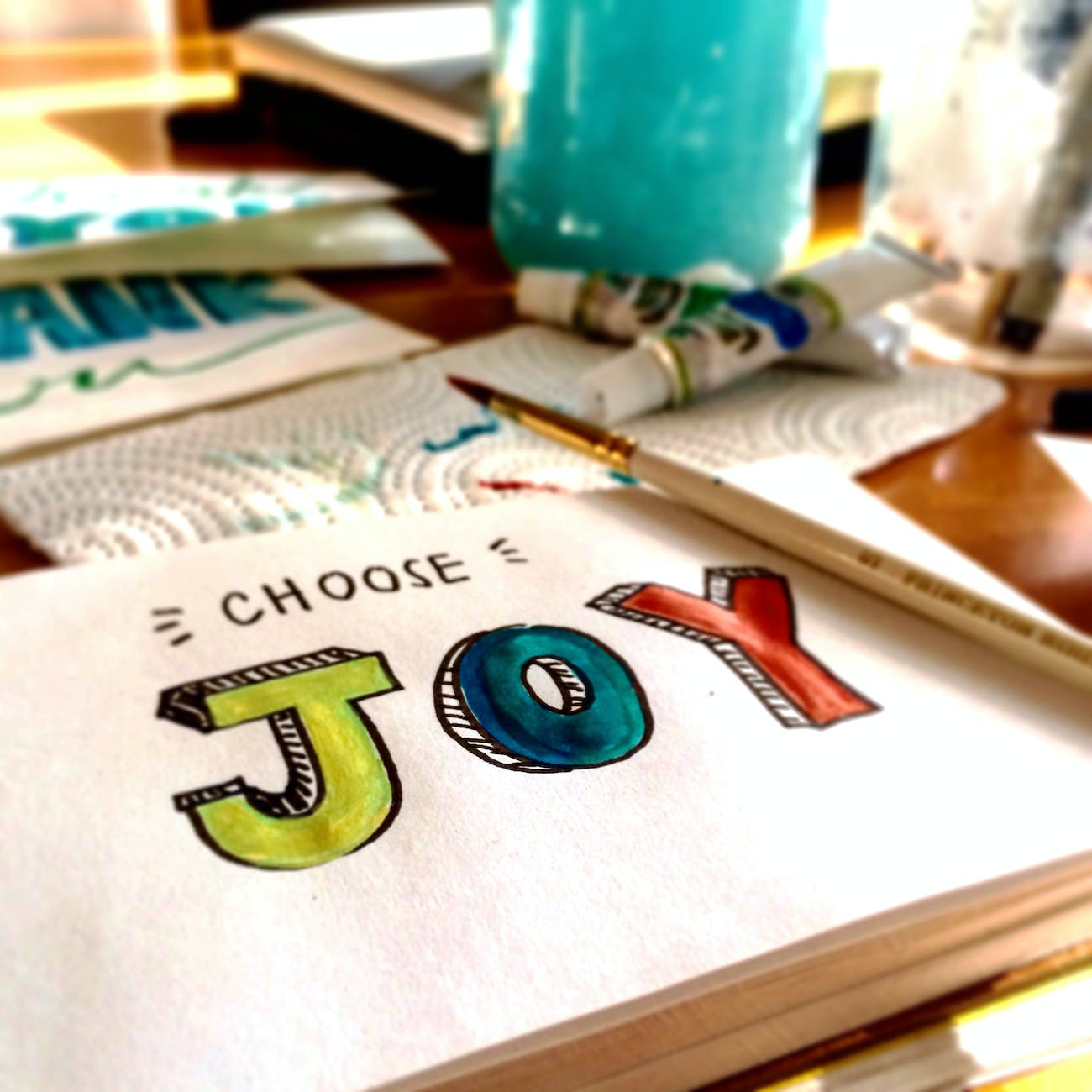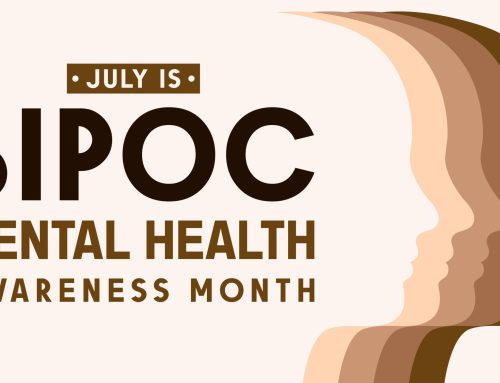It’s National Hunt for Happiness Week, which is a time to dive deeper into and celebrate what makes us truly happy people.
Many mental health companies focus on “Blue January” this time of year, which research says is historically the month when we experience the highest rates of depression. This is an important conversation.
But we at MINES believe that the conversation about mental health and well-being needs to revolve not only around what prevents us from being ill, but also around what promotes our wellness. What makes us, as humans, truly happy? When do we feel the most emotionally healthy? In what situations do we thrive, both personally and professionally?
In this article, we’ll take research from the field of positive psychology to give you 5 evidence-based tips on how to hunt for happiness, at home, and at work, in 2023.
Practice gratitude
“Be grateful” can sound like a meaningless cliche, but in reality, it’s one of the deepest and most impactful practices you can implement in your life.
Practicing gratitude doesn’t mean that you force yourself to feel happy about something that you’re upset about. Rather, it’s about shifting your focus onto the things that are going well in your life. And research shows that this can make a significant difference in your happiness levels.
One randomized controlled trial from 2003 instructed one participant group to keep a daily gratitude journal, another group to write about their hassles and annoyances, and a third group to simply write down the day’s events. The study found that the group who journaled about things they were grateful for experienced a higher mood, higher life satisfaction, and more optimism than the other two groups.
To start reaping the benefits of a gratitude practice for yourself, start by listing 3 to 5 things each day that made you smile. You can answer specific journaling prompts, such as:
- Who was I happy to see at work today?
- What or who made me laugh today?
- If I had a bad day, what was one thing that made my day a little bit less bad?
Work on your relationships
Research also shows us that having healthy and strong relationships in your life can improve your happiness. But maintaining healthy relationships can be challenging. Thankfully, relationship and communication skills can be learned by anyone, and studies have found that improving your interpersonal skills can make you a happier person.
In one study, researchers measured a group of students’ happiness levels before and after receiving social skills training. They found that students’ happiness levels significantly improved after receiving the intervention.
Start with the people you already have in your life. How could these relationships improve? If you have a conflictual relationship at work, is there a way of resolving this situation this year? How can you develop close friendships both at work and outside of it?
Be more generous
Being more generous, kind, and giving more to charity all have been positively linked with happiness levels. In other words, research shows us that generous people tend to be happier.
Positive psychology researchers have found that practicing random acts of kindness can give you a boost in your mood, especially when you do multiple acts of kindness in one day. Other studies have also found that people who engage in prosocial behaviors, like volunteering or donating to charity, report higher levels of life satisfaction and overall well-being.
Try to practice this in your home or work life. Perform random acts of kindness for others without expecting anything in return. For example, you could:
- Write a kind note of appreciation to a coworker
- Bring in baked goods for your office
- Reach out to a friend or colleague who is having a hard time
- Spend one day a week volunteering with a local organization
- Donating a portion of your paycheck
You may find that by giving in this way, you receive happiness in return.
Get moving
Physical exercise is one of the most positive things you can do for your overall mental health and well-being. Countless studies have found that physical activity helps reduce stress and increase happiness.
For example, one older study found that physical exercise was at least as effective as antidepressant medication in reducing depression symptoms (at 10 months follow-up). Another more recent meta-analysis determined that physical exercise has a significant effect on improving depression symptoms.
If you aren’t a natural athlete, start slow. Remember why exercising is important to you — to be a happier person, and any other benefits of exercise that you value — and write it somewhere that you can read it easily. Choose physical activities that you enjoy, like playing tennis, swimming, or going on a hike with your dog.
Start your day off right
One study examining the moods of customer service representatives found that people who started the day off right and got to work in a good mood or headspace were likely to stay that way throughout the day. Interactions with customers were more likely to enhance their good mood (rather than bring it down).
On the contrary, employees who “got up on the wrong side of the bed” and started their days in a bad mood didn’t tend to be able to get out of the funk, and even positive interactions with customers made them feel even worse.
What does this mean? That your mood before you go to work in the morning matters. Build a solid morning routine that incorporates evidence-based happiness boosts. For example, you might practice gratitude journaling, do a random act of kindness, or get some exercise in.
When you start work in a better mood, you’re bound to stay happier throughout your day.
Are you ready to commit to your happiness this year? MINES & Associates can help. We are a nationwide employee-assistance program (EAP) that offers 24/7 free and confidential counseling, on top of other wellness services like:
- Legal and financial services
- Professional wellness coaching
- Wellness webinars
- Parent coaching
We’re there for you when you need us.
To Your Wellbeing,
The MINES Team












Leave A Comment